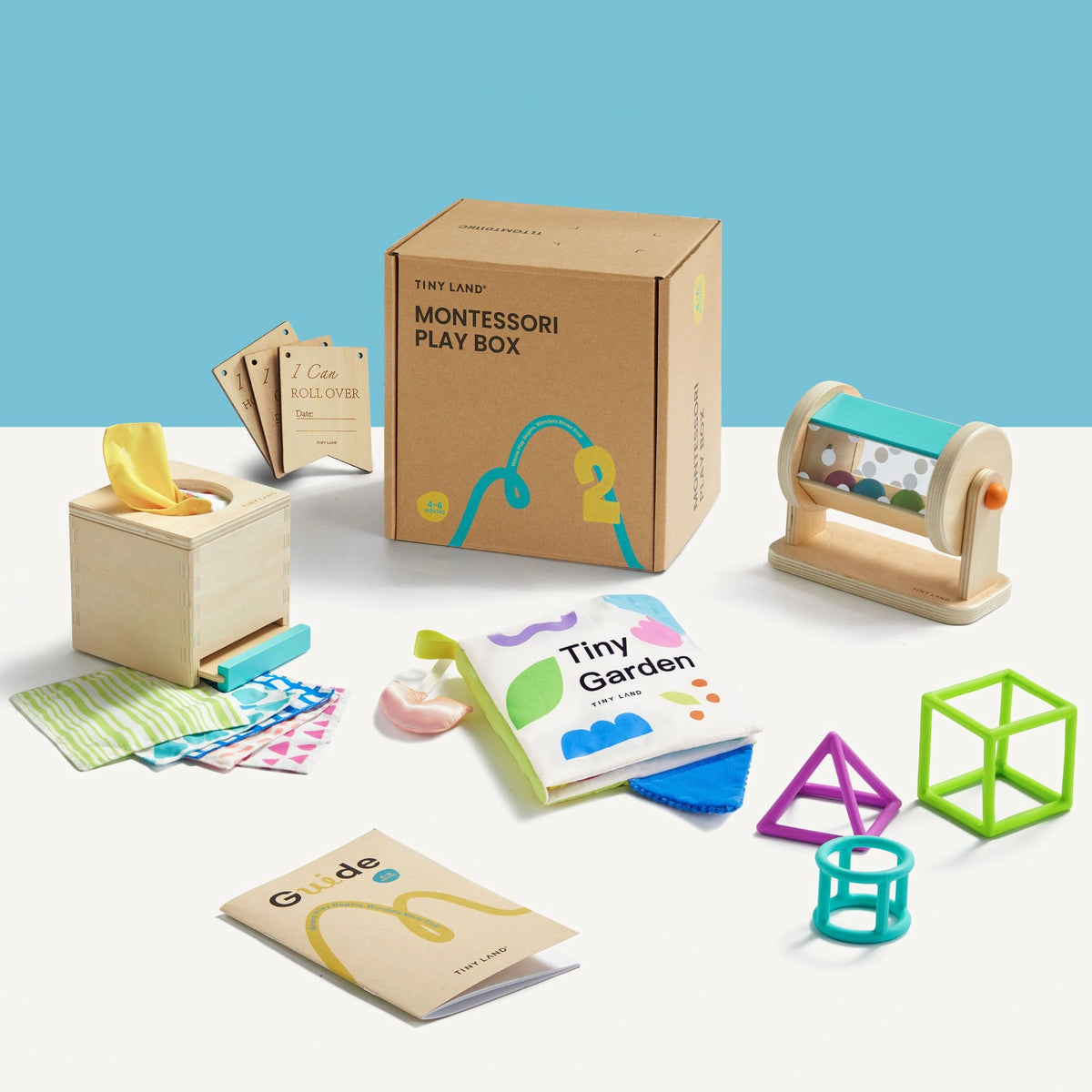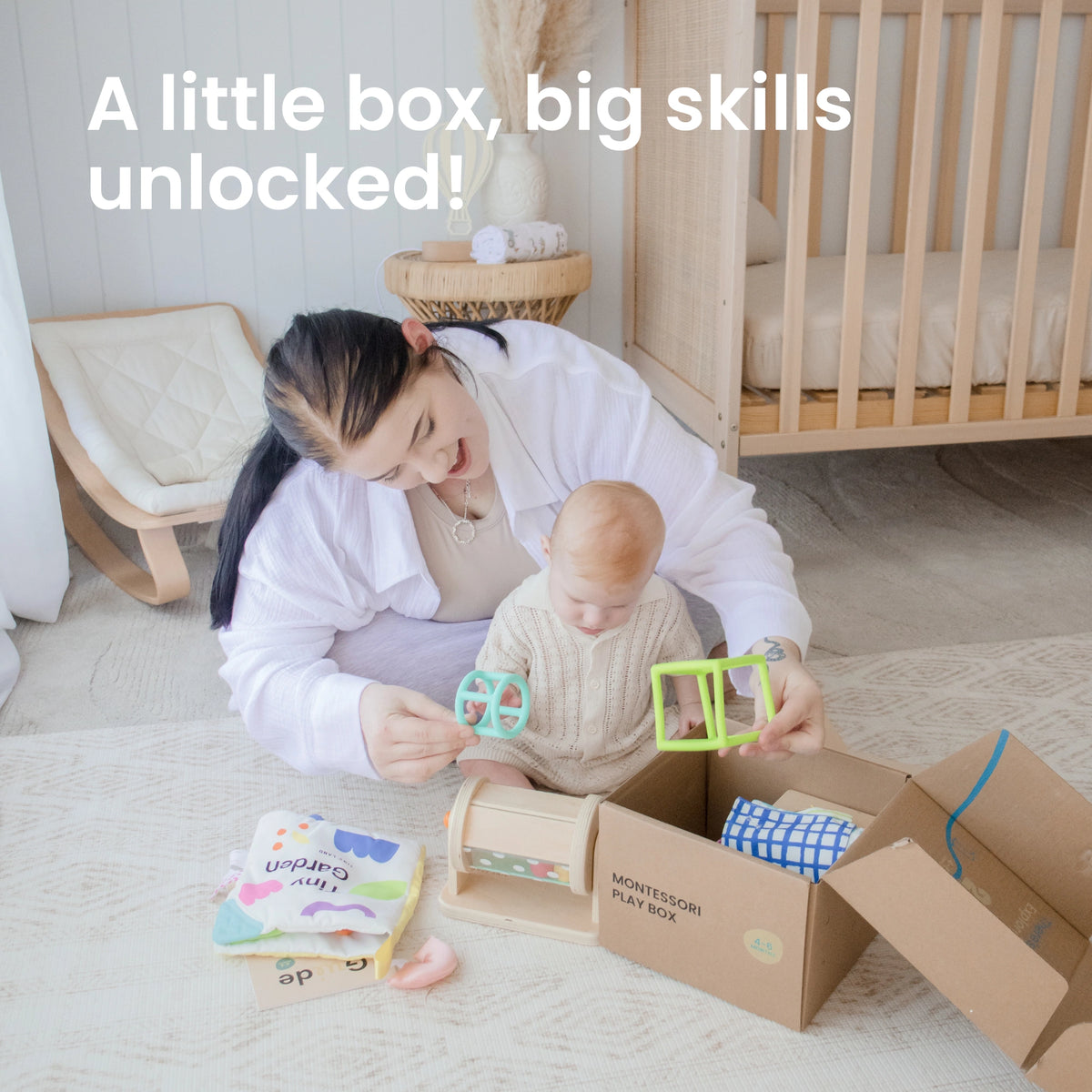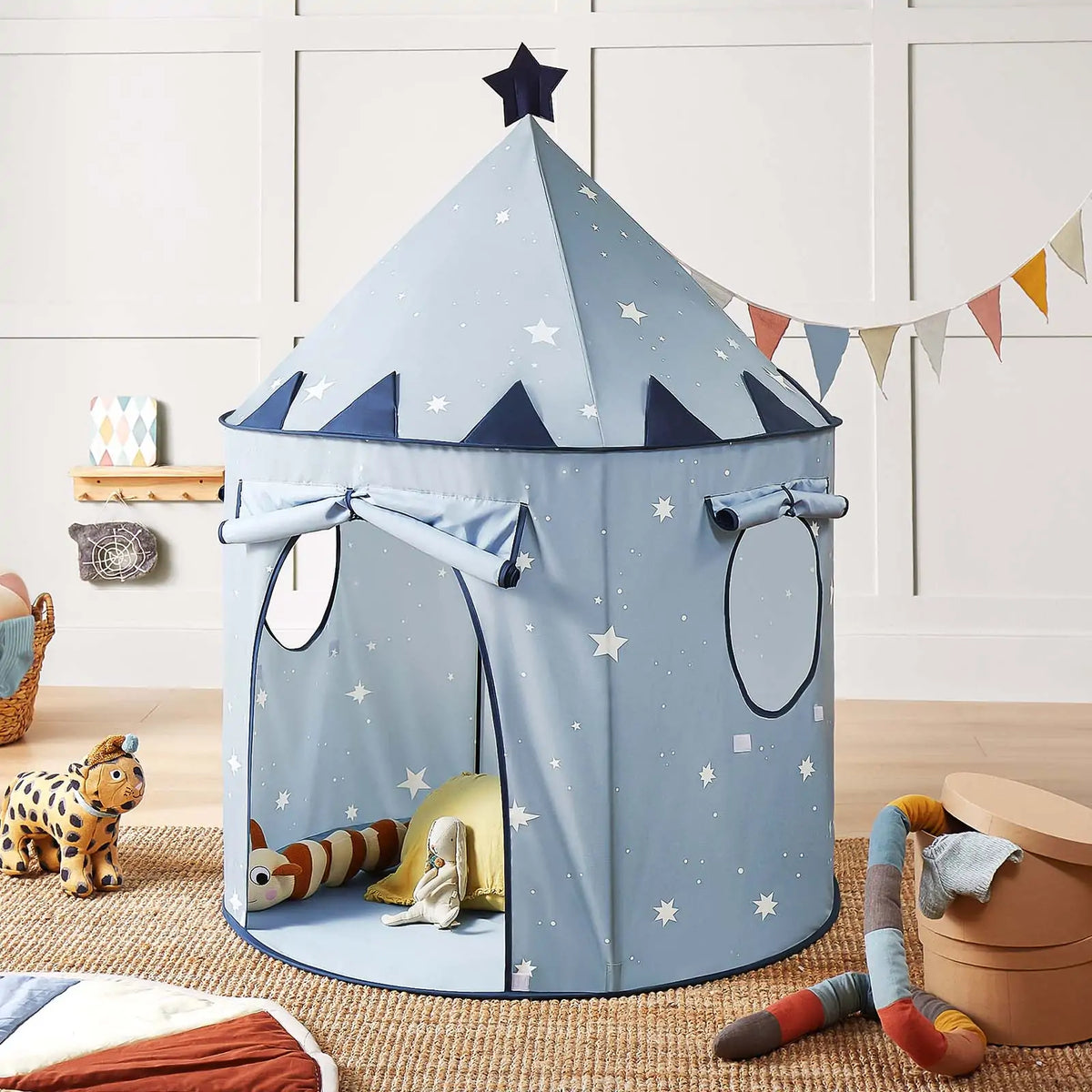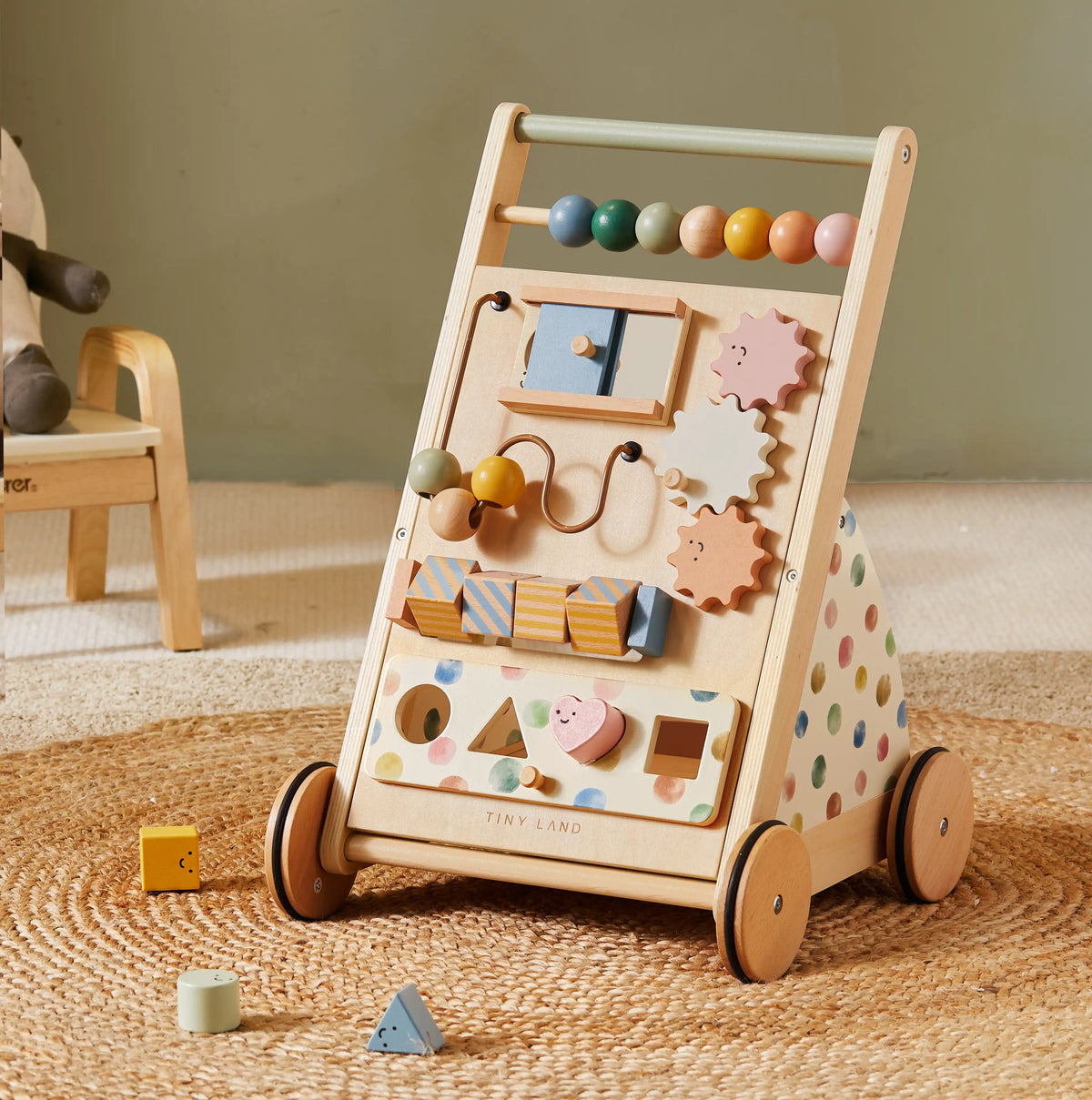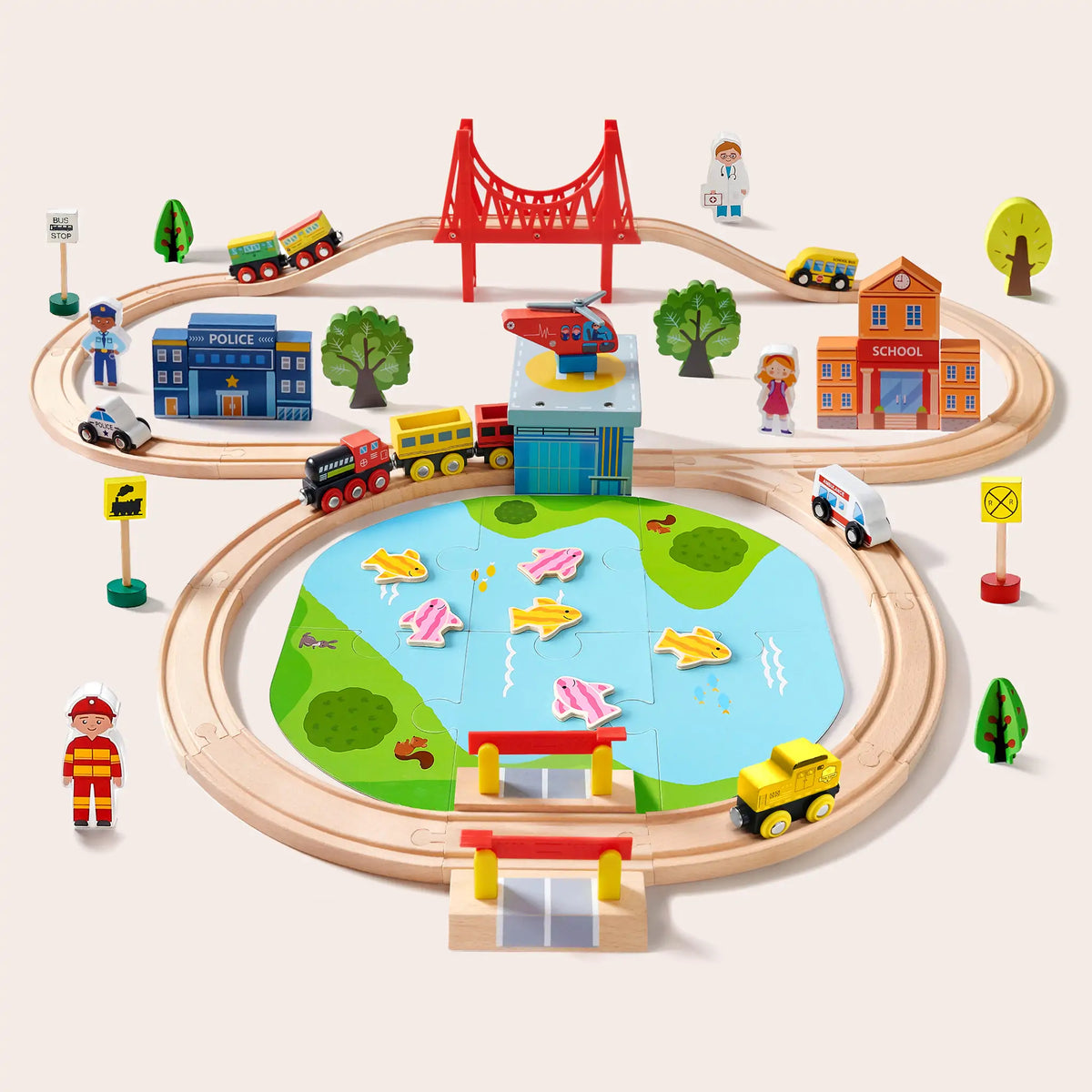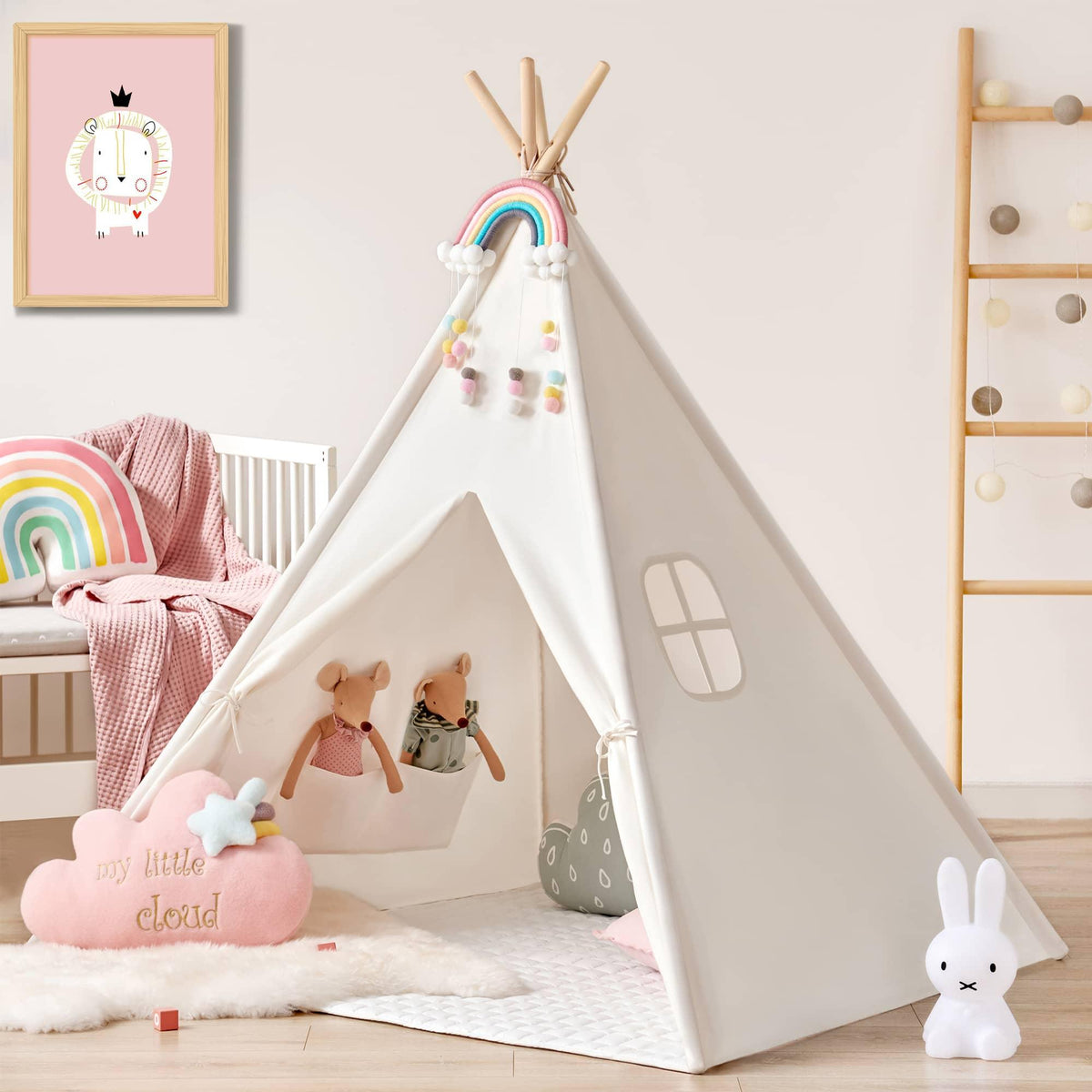Montessori is an educational method based on autonomous activities, hands-on learning and collaborative play. In a Montessori classroom, children make creative choices in their learning, while classrooms and trained teachers provide age-appropriate activities to guide the process. Children work in groups and individually to discover and explore the knowledge of the world and to reach their highest potential.
Montessori classrooms are carefully designed environments designed to meet the needs of children of specific ages. Dr. Maria Montessori found that experiential learning in this type of classroom leads to a deeper understanding of language, math, science, music, social interaction, and more. Most Montessori classrooms are secular in nature, although Montessori educational methods can be successfully incorporated into faith-based programs.
Each material in the Montessori classroom supports an aspect of a child's development, creating a match between the child's natural interests and available activities. Children can learn through their own experience and at their own pace. They are ready to respond to the natural curiosity that exists in all people and provide a solid foundation for lifelong learning.
Montessori environments support children's learning from birth to secondary school:
Infant/Toddler
- Suitable for children under 3 years old
- Provide a safe, engaging, and nurturing environment for children
- Promote trust in yourself and the world
- Develop confidence in their emerging abilities
- Develop gross motor coordination, fine motor skills, and language skills
- Provides opportunities to gain independence in everyday tasks
Preschool
- For children 3 to 5 years old
- Promotes the development of functional independence, task persistence, and self-regulation
- Promote social development through respect, clear communication, and safe, natural outcomes
- Contains extensive material for improving sensory perception and developing literacy and math comprehension
- Provides opportunities for imaginative exploration leading to confident, creative self-expression
Elementary School
For children aged 6 to 12 (lower elementary, 6 to 9; upper elementary, 9 to 12)
- Provide opportunities for collaborative intellectual exploration to support and guide children's interests
- Supports the development of self-confidence, imagination, intellectual independence and self-efficacy
- Promote understanding of children's roles in communities, cultures, and the natural world
Adolescence
- For teens from twelve to fifteen years old
- Ideal for working farms where teens are involved in all aspects of farm management and economic interdependence, but also non-farm settings in urban settings
- Helping young people understand themselves in a wider frame of reference
- Provide context for practical application of academics
- Emphasis on developing self-expression, true self-reliance, and agility in relationships.
Research and Publications
Dr. Maria Montessori is a scientist and a keen observer of children, constantly evaluating and quantifying her findings. Her theories continue to be tested today.
Research Articles
Shunned and Admired: Montessori, Self-Determination, and a Case for Radical School Reform













